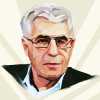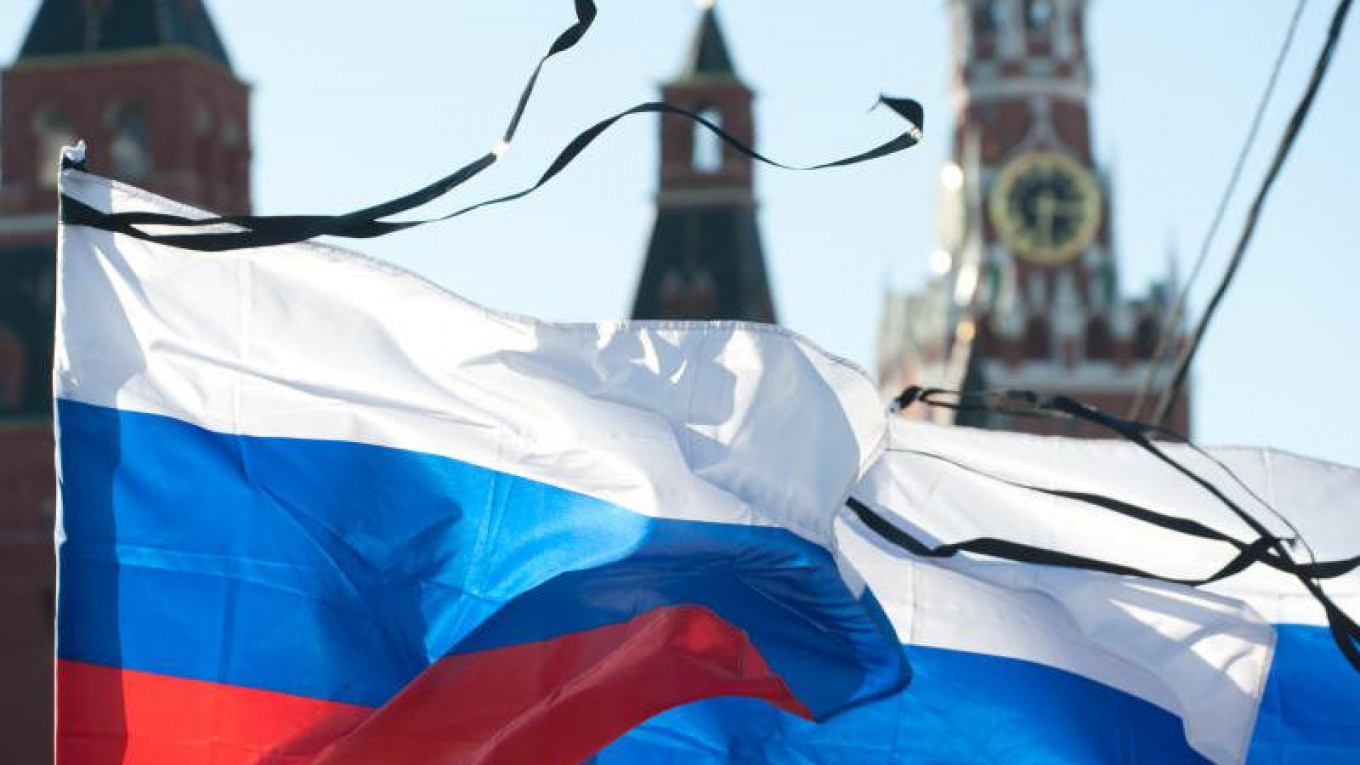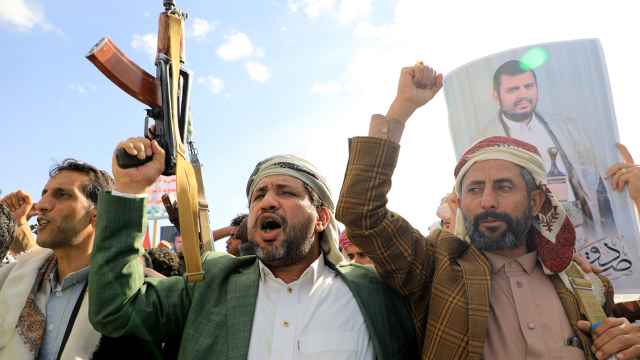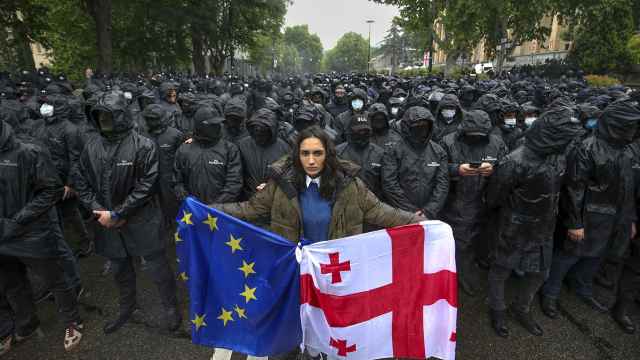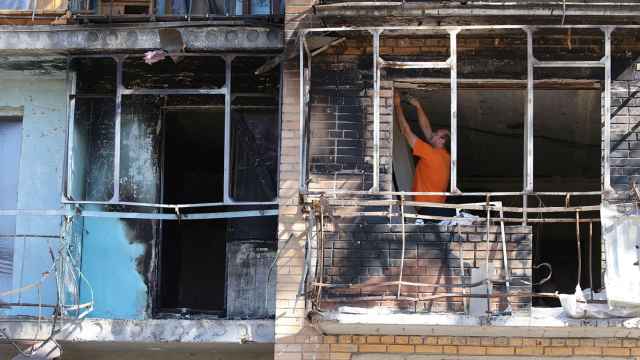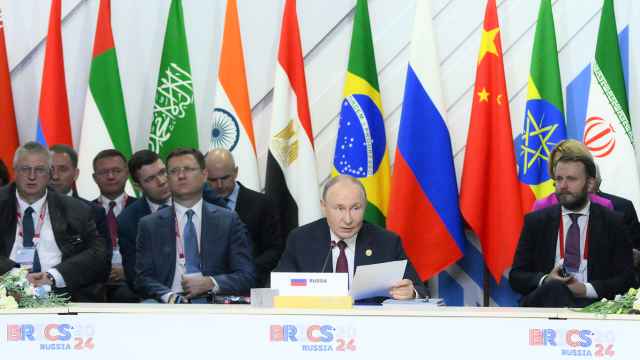Russia is more isolated than pundits and politicians believe. Sanctions, Russia’s solitary position in the UN, and only having two allies — theocratic Iran and the terrorist organization Hezbollah — are only the tip of the iceberg.
Russia has lost its ability to achieve favorable outcomes even in international venues that are far removed from politics and do not appear completely free of corruption.
For example, the provocation with Yuliya Samoylova, the disabled singer chosen to represent Russia at the Eurovision contest in Ukraine, seemed promising at first: Ukraine was confronted with a difficult choice, and its image suffered when it refused to accept the Russian singer due to her travel to Crimea following the annexation.
But Russia failed to get firm support from the European Broadcasting Union, the producer of Eurovision. Even though Russia threw all of its resources at the situation (Eurovision is an important political event for Russia), these resources were not sufficient to sway a few dozen show business managers.
The decreasing number of people who speak and study Russian worldwide, the transition by several former Soviet republics to the Latin alphabet, the accession of the Orthodox Christian Montenegro to NATO, and the rejection (albeit not yet official) of Cyrillic script by Serbia: All of these developments are also signs of Russia’s growing isolation — not only political and economic but also cultural and moral.
U.S. President Donald Trump recently described Russia as “a strong country” (noting that the United States is “a very, very strong country”). However, everything is relative. Russia is, of course, stronger than many countries, but it is weaker than it pretends to be. Russia can still destroy all living things on the planet with its nuclear arsenal, but it is unlikely to win a war against a serious adversary.
The Admiral Kuznetsov aircraft carrier, which shocked the world with its plumes of thick smoke and lost two airplanes — not in combat, but due to technical issues: The airplanes crashed off the carrier and into the sea — plainly demonstrated the state of Russian armaments. Similarly, the assertion of Dmitry Rogozin, the deputy prime minister responsible for the military-industrial complex, regarding plans to set up a base on the moon, showcased the degree of intellectual development and lucidity within the Russian military-industrial leadership.
Russia cannot afford to build universities and roads in other countries in order to boost its image. With only 1.7 percent of the world’s GDP, Russia cannot afford to build much. It only has enough money to buy off some officials, which inevitably leads to scandals and reputational damage.
Russia’s overall appeal has been reduced to that of a third-world country. It isn’t attracting immigrants from developed states. Its own well-educated young people are emigrating. The only thing keeping Russia’s partners in the Collective Security Treaty Organization is Russia’s promise to help them suppress color revolutions.
All of this is a logical consequence of the style and substance of Russia’s policies. The now-infamous outburst by Russian deputy envoy to the United Nations Vladimir Safronkov at a UN Security Council meeting was an emulation of the behavior of Russia’s highest leadership.
Becoming aware of Russia’s own problems, including its own weakness, could help the regime act constructively, work hard, and create alliances that might enable the country to overcome the challenges that it faces.
However, Russian authorities have chosen a different path: blaming everyone in the world except themselves and being excessively aggressive in the hope that by acting like thugs they will elicit fear from Russia’s partners— the Russian leadership appears to view fear as a synonym for respect.
A Message from The Moscow Times:
Dear readers,
We are facing unprecedented challenges. Russia's Prosecutor General's Office has designated The Moscow Times as an "undesirable" organization, criminalizing our work and putting our staff at risk of prosecution. This follows our earlier unjust labeling as a "foreign agent."
These actions are direct attempts to silence independent journalism in Russia. The authorities claim our work "discredits the decisions of the Russian leadership." We see things differently: we strive to provide accurate, unbiased reporting on Russia.
We, the journalists of The Moscow Times, refuse to be silenced. But to continue our work, we need your help.
Your support, no matter how small, makes a world of difference. If you can, please support us monthly starting from just $2. It's quick to set up, and every contribution makes a significant impact.
By supporting The Moscow Times, you're defending open, independent journalism in the face of repression. Thank you for standing with us.
Remind me later.

